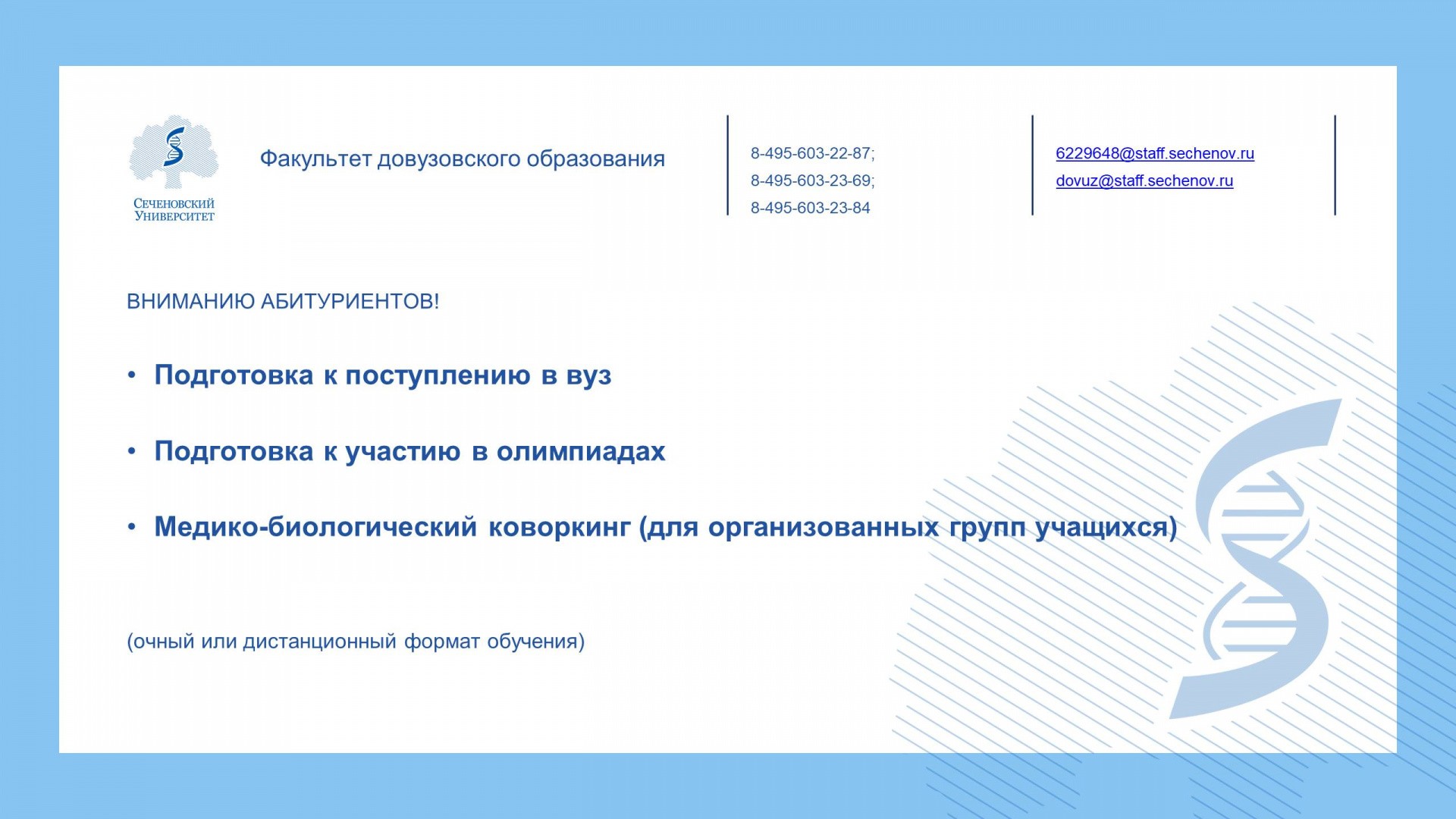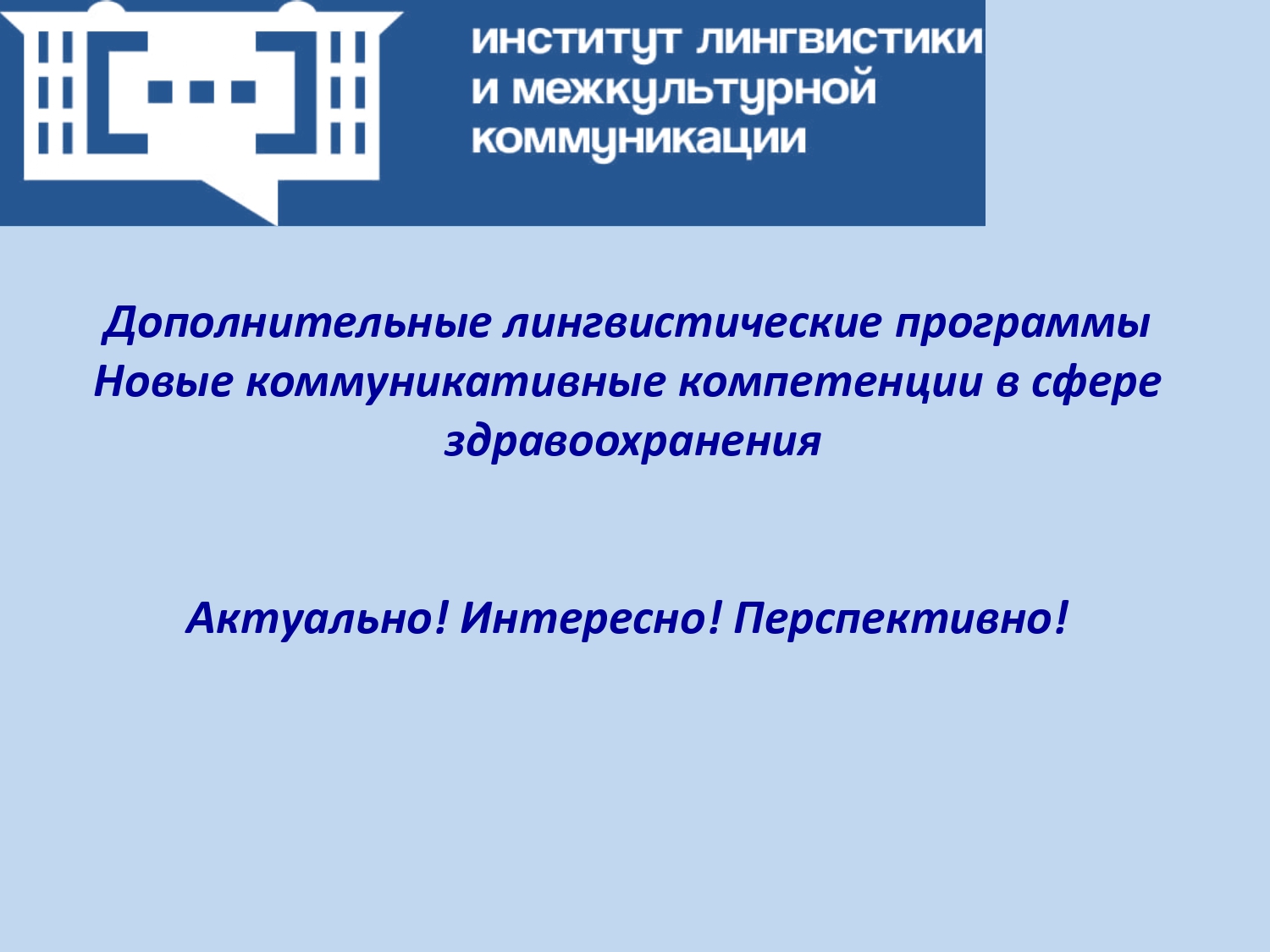Репозиторий Университета
Thiamine and benfotiamine improve cognition and ameliorate GSK-3?-associated stress-induced behaviours in mice
Аннтотация
Thiamine (vitamin B1) deficiency in the brain has been implicated in the development of dementia and symptoms of depression. Indirect evidence suggests that thiamine may contribute to these pathologies by controlling the activities of glycogen synthase kinase (GSK)-3β. While decreased GSK-3β activity appears to impair memory, increased GSK-3β activity is associated with the distressed/depressed state. However, hitherto direct evidence for the effects of thiamine on GSK-3β function has not been reported. Here, we administered thiamine or, the more bioavailable precursor, benfotiamine at 200 mg/kg/day for 2 weeks to C57BL/6J mice, to determine whether treatment might affect behaviours that are known to be sensitive to GSK-3β activity and whether such administration impacts on GSK-3β expression within the brain. The mice were tested in models of contextual conditioning and extinction, a 5-day rat exposure stress test, and a modified swim test with repeated testing. The tricyclic antidepressant imipramine (7.5 mg/kg/day), was administered as a positive control for the effects of thiamine or benfotiamine. As for imipramine, both compounds inhibited the upregulation of GSK-3β induced by predator stress or repeated swimming, and reduced floating scores and the predator stress-induced behavioural changes in anxiety and exploration. Coincident, thiamine and benfotiamine improved learning and extinction of contextual fear, and the acquisition of the step-down avoidance task. Our data indicate that thiamine and benfotiamine have antidepressant/anti-stress effects in naïve animals that are associated with reduced GSK-3β expression and conditioning of adverse memories. Thus thiamine and benfotiamine may modulate GSK-3β functions in a manner that is dependent on whether the contextual conditioning is adaptive or maladaptive.
Вернуться назад









